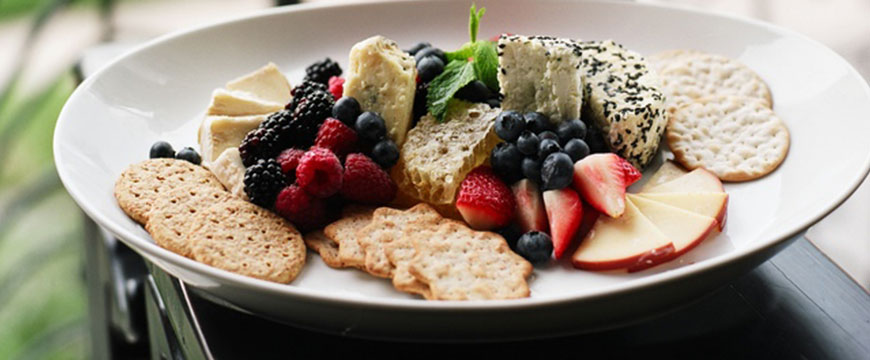The first spoon of solid food that a toddler eats is a milestone for every parent. It, however, comes with a lot of worries especially because you are not sure whether your child will be allergic to the food. At this point, you don’t know what your baby may be allergic to and how to avoid the allergens. Its imperative that the solid food introduction is done gradually so that you are able to monitor how the baby reacts to various foods. When you introduce new food type to the baby’s menu take three days before you can introduce any other food. Feed the child little portions of the new menu and keenly monitor the baby and in case of any severe allergy symptoms immediately consult the allergy physician to avoid any fatalities.
Foods that Cause Allergies in Babies
When you introduce new food be on the lookout for any allergies. The below food are main cause allergic reactions in young children
- Eggs
- Milk
- Peanuts and fish
- Soy and wheat
Food allergy symptoms in Babies
You will notice the baby has an allergy few minutes after eating the food. Be on the lookout for the below symptoms
- Skin rash or flushed skin
- Wheezing and coughing
- Difficulty in breathing
- Diarrhea and vomiting
- Hives
Call the allergy specialist if you notice any severe symptoms. If you notice that the baby cannot breathe properly immediately take the baby to the allergy clinic for a checkup. Severe cases of vomiting and diarrhea should immediately be treated as they lead to dehydration which is fatal in toddlers. In case the baby develops mild allergic reactions, it’s important that you also consult your allergy doctor as at this stage the baby is still sensitive. Most allergies will go away on their own but it’s paramount that you identify the food causing the allergy. If you have a certain food allergy there is a chance your baby may develop the same allergy.
How to Protect Your Baby Against Allergies
- Introduction of allergens
Latest studies have shown that the baby should be exposed to allergens early enough and this will eventually prevent allergies. Introduction of a variety of foods to the baby at an early stage will help minimize chances of catching the allergy. Its recommended that foods such as milk and eggs which are known allergens should first be given at home other than daycare places to enable the mother to monitor the baby’s reaction to the food. Breastfeed your baby up to 6 months to minimize the chance of a milk allergy. Introduce the allergens one at the time and gradually as you monitor the reaction. During this period consult the allergy doctor and he will be able to advise on how to go about the introduction.
- Consult your Allergy Doctor
Your allergist is a reliable source of information that you will need to be able to take care of your child. It’s necessary that you have all the information on how to protect your child against common food allergies as this will save you the heartache of a sick toddler. Talk to your allergy physician on foods that you can use as supplements in severe cases. The allergy specialist will also be able to advise on how to deal with allergies.
- Share the Plan of Action with the Care Giver
It’s important that the caregiver understands the child’s diet if you are going to leave the baby with the caregiver. Let them understand the implication and how to avoid allergens and the supplement the child needs. Caregivers need to understand that even the smallest amount of allergens may affect the child. Let the caregiver know the address to the allergy clinic and leave a contact for the allergy physician near you.
- Stock Only safe foods
Avoid stocking foods that may affect the child especially if you are leaving the child with caregivers or other members of the family. Storing the baby’s food with the allergens may cause confusion. Ensure that the baby’s food storage space only has allergen-free food
Food allergies can turn to anaphylaxis which causes a low blood pressure and makes breathing difficult. It’s therefore important that you plan ahead for the food your baby needs and ensure the advice of the allergist Manassas is followed diligently.
